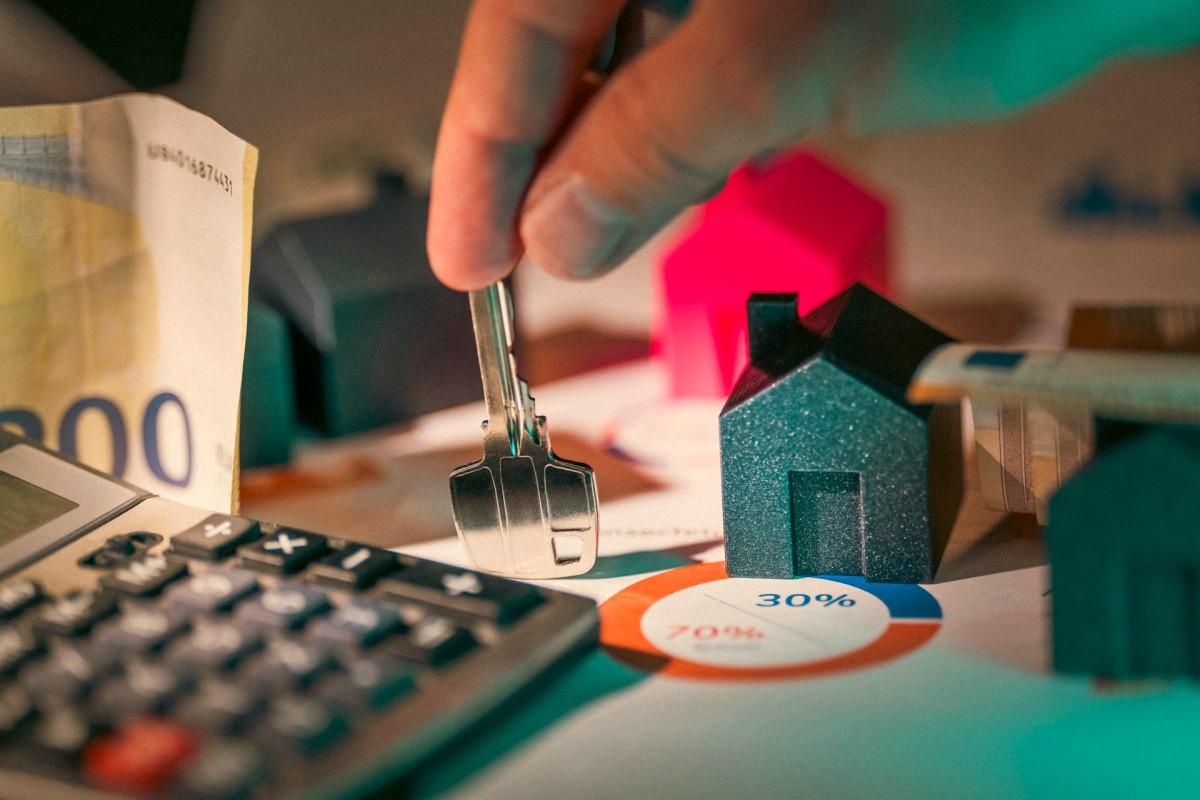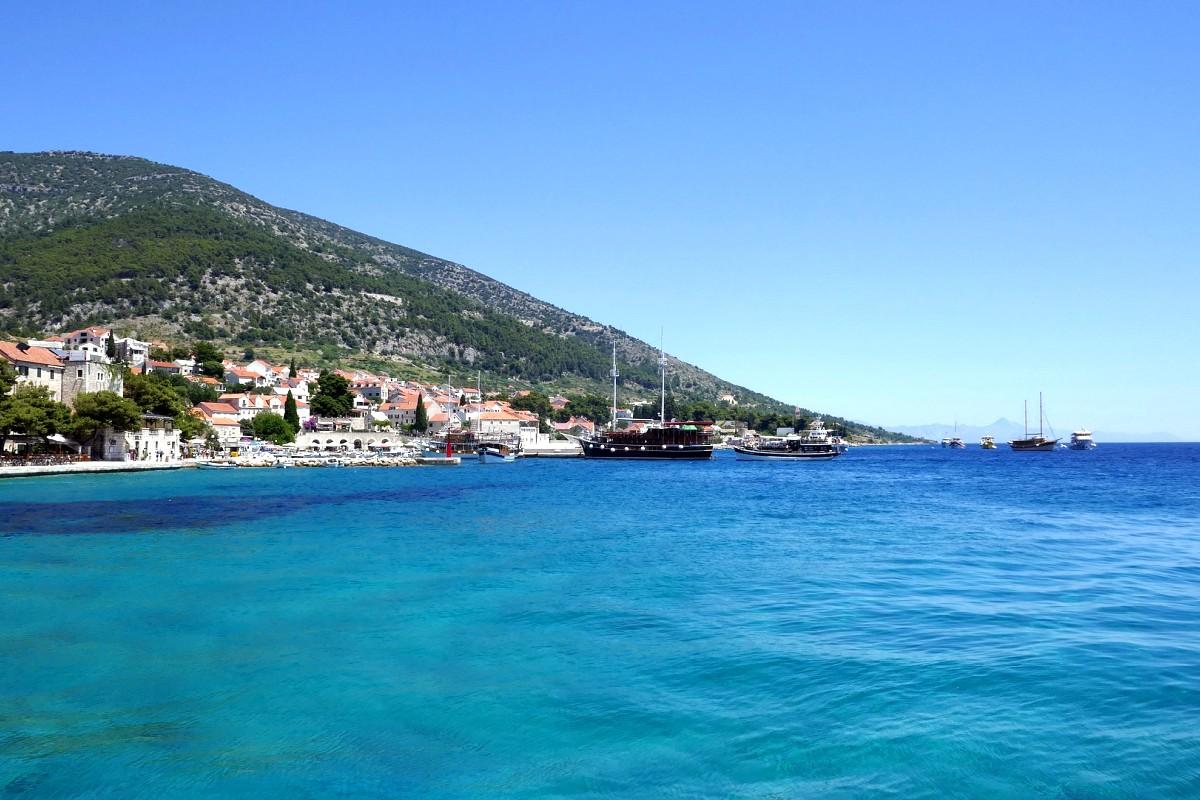Jul 11, 2025
Short-Term or Long-Term Rental in Croatia – What Brings Higher Profit
Zorana Barada
Client Relations and Promotion Coordinator

More and more property owners in Croatia, if they have a “spare” property, are opting to rent it out to generate additional income and improve their household budget. When choosing this income stream, the first question they ask themselves is whether it is more profitable to rent out a property long-term or short-term.
In the following sections, we’ll look into the advantages and disadvantages of both types of rentals to help landlords make a well-informed decision.
Issues of Long-Term and Short-Term Rentals
When faced with this question, the first aspect we consider is profit. However, this is not the only factor to consider, as they say time is money, and one of these rental types certainly requires more time and patience than the other. The question of rental type especially concerns owners of properties in tourist destinations where demand often exceeds supply. The same applies to cities with high student turnover such as Split where landlords often combine rental formats, which usually doesn’t work well for rental seekers.
The Government of the Republic of Croatia aimed to put an end to landlord arbitrariness by introducing property taxes and measures to push property owners to clearly choose between rental types. These measures also sought to bring more properties onto the market, as it is known that there are as many as 600,000 empty apartments in Croatia.
Although there is a tradition of apartment ownership in Croatia due to the mentality and sense of security, the large increase in purchase prices is driving more and more residents to opt for renting. Tenants compete with tourists—or better said, vice versa.
The choice of rental type depends on the expected profit, but the point is also to maximize return on investment.
Advantages of Short-Term Rental

Short-term rentals are considered those shorter than ten months, not necessarily to the same tenants. These rentals are mostly tourist-related, although not exclusively, as they can also apply to workers, families with hospitalized members, students, digital nomads, and so on.
The most obvious advantage of short-term rental is higher income, especially in tourist destinations where nightly prices remain high. The average nightly rate in Split, for example, is €86 per tourist apartment, while the average monthly rental price is about €700. A simple calculation shows a potential income of €2,580 per month if the apartment is fully booked, which is over three times more than monthly rental income.
The second advantage is maintenance. This aspect can also be a disadvantage, which we’ll address later. When we say maintenance is an advantage, we mean that frequent guest turnover leads to more regular inspections and repairs by the owner to maintain functionality and appearance.
With short-term rentals, there are periods when the owner can use the apartment for personal purposes, which is another advantage.
Disadvantages of Short-Term Rental
The first drawback of this rental type, especially compared to long-term, is the possibility of vacancy periods when the unit is not occupied. In such cases, the property generates no income or return on investment. Worse, it may even incur costs.
The second disadvantage is involvement. The owner, either independently or through an agency, must invest effort in finding tenants. Doing it alone can consume a lot of time. Using an agency’s services also comes at a cost. Additional expenses include flat-rate tax, vacation home tax, and membership in the tourist board.
Effort must also be made in advertising, handling administration, and overall property management.
As mentioned earlier, maintenance can be both an advantage and a disadvantage. Financially, it’s a disadvantage due to the costs of repairs. Cleaning expenses must also be factored in.
Advantages of Long-Term Rental

Long-term rental is considered any rental longer than ten months, continuously. One advantage of this rental type is security, or stable income, expected monthly for rent coverage.
Another benefit compared to short-term rental is significantly less effort in various areas: less time and energy is needed to find tenants. Maintenance costs are also lower due to fewer tenant turnovers.
With tourist short-term rentals, utilities are paid by the owner, whereas in long-term rentals, tenants cover utility costs.
Practically speaking, once long-term tenants are found, the owner has no responsibilities except being available for issues like repairs. Otherwise, with reliable rent payers, there are no obligations.
Disadvantages of Long-Term Rental
The most obvious drawback of this rental type, compared to short-term, is lower earnings or income. As mentioned, short-term rentals can yield almost three times more monthly income-assuming full occupancy.
Additionally, a long-term rented apartment cannot be used for personal needs just like that. If someone stays longer, furniture and installations may wear out, potentially leading to high renovation costs once tenants leave.
Another drawback is irresponsible and unreliable tenants. It is not uncommon for such tenants to cause damage, leave debts, and disappear overnight. Some landlords have had issues with protected tenants, but that’s a topic for another article.
Costs and Tax Obligations – Short-Term vs. Long-Term Rental

When deciding between these two rental types, property owners must consider business and tax costs. As noted earlier, although short-term rental brings in more income, it also generates higher costs. In addition to cleaning, maintenance, and advertising, one must account for flat-rate tax, tourist board membership, residence tax, and VAT if turnover exceeds €40,000 annually.
With long-term rentals, maintenance costs are lower compared to short-term ones. Tax obligations are simpler. The owner pays income tax on rental income which, in Croatia, from 2025, is 8% on the taxable portion of annual income (70%).
For example, if we rent an apartment in Split for €700 per month, we earn €8,400 annually. An amount of €2,520, or 30% of the total annual income, is not taxable. On the remaining 70%, or €5,880, the 8% tax is €470 annually – slightly more than half a month’s rent. Note: tax is paid annually.
Depending on the local municipality, an additional surcharge of 12% is paid on the €470 tax, bringing the total annual tax to €526.
Conclusion
Short-term rental, especially in tourist hubs, can bring higher income but requires more involvement and higher operational costs. Long-term rental brings lower earnings but ensures stable income, less involvement, lower taxes, and fewer operational expenses.
In the end, the decision depends on the property owner – how much time and effort they are willing to invest, and how important rental income is for their household budget or livelihood.
Found this useful? Share with

Client Relations and Promotion Coordinator
Dedicated and hardworking individual known for her strong sense of responsibility and punctuality. A true workaholic, she consistently strives for excellence while maintaining a warm, empathetic, and approachable demeanor. Always eager to help and support her colleagues, she is highly valued for her kindness and collaboration. Outside of work, she has a deep passion for literature and enjoys long walks, which help her stay grounded and inspired.
Dedicated and hardworking individual known for her strong sense of responsibility and punctuality. A true workaholic, she consistently strives for excellence while maintaining a warm, empathetic, and approachable demeanor. Always eager to help and support her colleagues, she is highly valued for her kindness and collaboration. Outside of work, she has a deep passion for literature and enjoys long walks, which help her stay grounded and inspired.
Want to connect with us? We'd love to hear from you! Send us a message, and we'll get back to you shortly.



